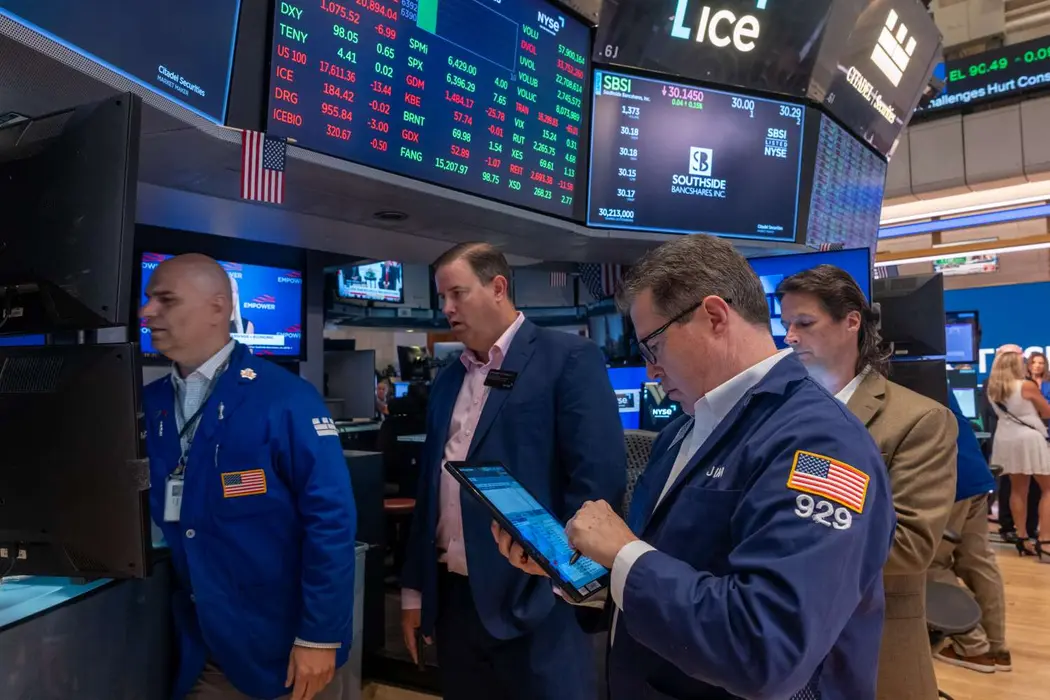T4K3.news
Tariffs and Chips Plan Threaten Auto Makers
Policy shifts and a 100% semiconductor tariff could impact EV profitability and supply chains
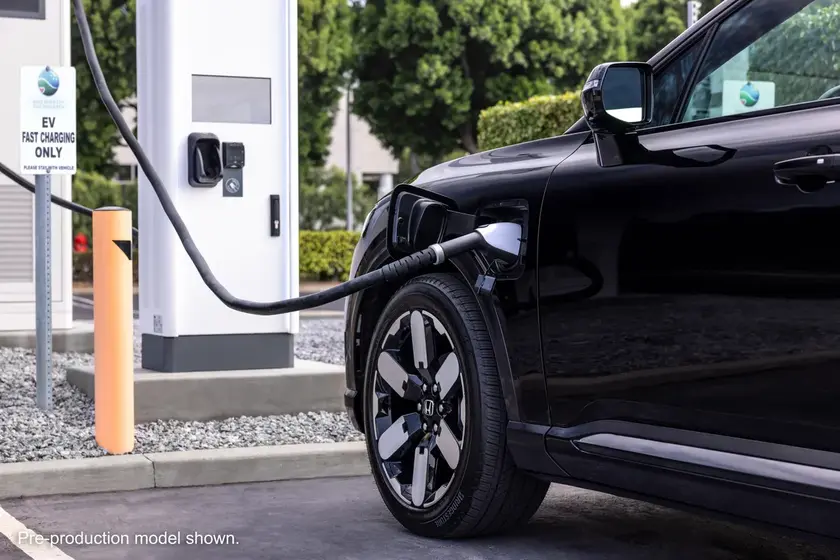
An editorial look at how tariff policy shifts, tax credit changes, and a proposed chip tariff may affect EV margins and supply chains.
Tariffs and Chips Plan Threaten Auto Makers
Rivian and Lucid flag major policy risks in their latest 10Q filings, focusing on the One Big Beautiful Bill Act and how it could cut tax credits for EV buyers and dent zero-emissions credit markets. The companies describe a landscape where tariff changes and credit revisions could push costs higher and complicate planning for production and supplier management. Ford and GM also mention the OBBBA, with GM warning that the policy could be material and hurt EV profitability, while Rivian remains optimistic about domestic battery credits. The piece also flags a potential 100 percent tariff on imported semiconductors, a move that could tighten margins across the industry given the large chip content in today’s cars. The administration’s exemption rules remain unclear, and automakers say the path to relief is uncertain to say the least. Outside of policy chatter, deals and market moves highlight the sector’s urgency: Joby’s acquisition of Blade provides a route to faster routes to market for electric air mobility, while other aerospace and robotics moves underscore a broader push for domestic capabilities and diversified supply networks.
Key Takeaways
"If any of the Company’s suppliers, sub-suppliers or partners experience financial distress, insolvency or disruptions in operations, they may be unable to fulfill their obligations or meet the Company’s production and quality requirements."
Lucid 10Q risk factors about supplier risk
"45X tax credit for domestic battery production remains."
Rivian note on tax credits in 10Q
"GM says it’s unable to estimate the financial impacts of the OBBBA but notes it could be material and may adversely affect electric vehicle profitability."
GM 10Q on OBBBA impact
"A 100% import tariff on semiconductors would tighten margins if exemptions are hard to secure."
Tariff policy risk discussed in article
Policy uncertainty now sits at the center of the EV business. The same firms racing to bring affordable electric cars to their balance sheets must also manage fiscal policy shifts, tariff regimes, and the evolving regulatory credit landscape. If Washington leans into stricter credits or steeper tariffs, margins will become a moving target, not a fixed line item. In this climate, the winners will be those who can diversify suppliers, accelerate domestic production where it matters most, and price risk into product plans rather than hope policy steadies. The market looks for clarity on exemptions and timing, but the broader message is clear: policy is now a core variable in EV profitability, not a peripheral backdrop. As Chinese tech interest and US manufacturing push intersect, the industry is likely to see more cross-border moves and more aggressive bargaining in Washington. Expect investors to prize resilience and transparency over glossy projections as these rules evolve.
Highlights
- Policy moves fast and the car business must keep up
- Domestic chips could reshape the supply chain if policy clears
- Tariffs turn cost into a moving target for automakers
- The next breakthrough is not tech alone but political will
Policy and tariff risks threaten EV profitability
The article highlights how policy shifts, tax credit realignments, and a proposed 100% semiconductor tariff could raise costs and create decision delays for automakers. The combined effect may squeeze margins and complicate capital planning at a time of heavy investment in EVs.
Policy, politics, and the race for domestic capabilities will keep shaping the EV journey.
Enjoyed this? Let your friends know!
Related News
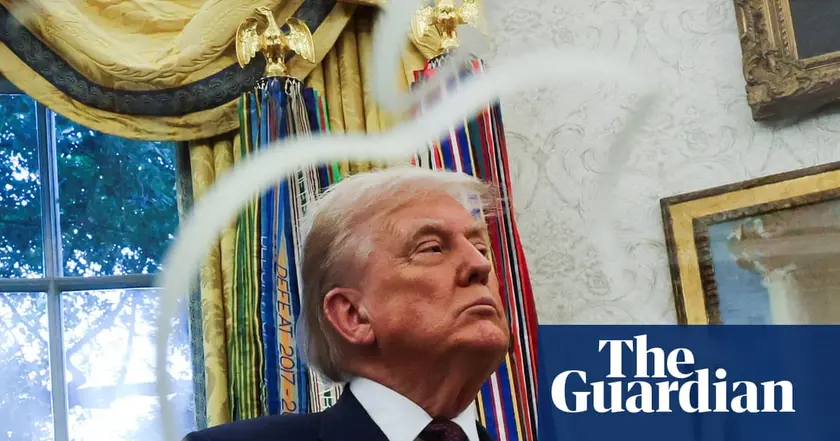
Trump proposes 100% tariffs on foreign computer chips
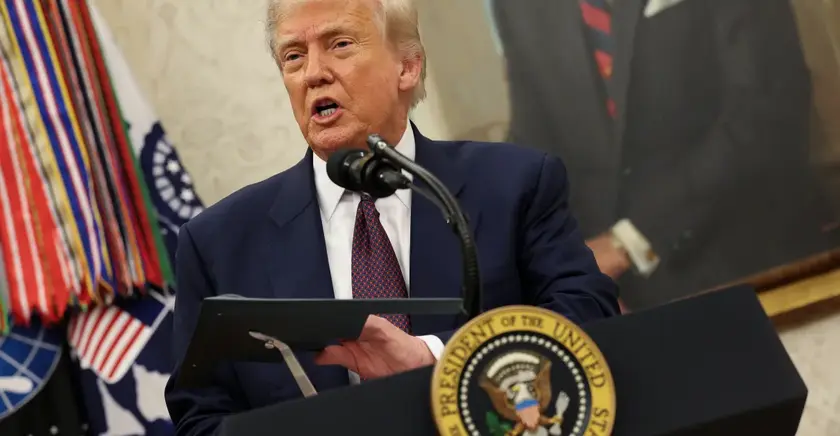
Trump to impose 100 percent tariff on computer chips

Stellantis reports $2.7 billion losses linked to tariffs

Manufacturing revival linked to new US tariffs announced
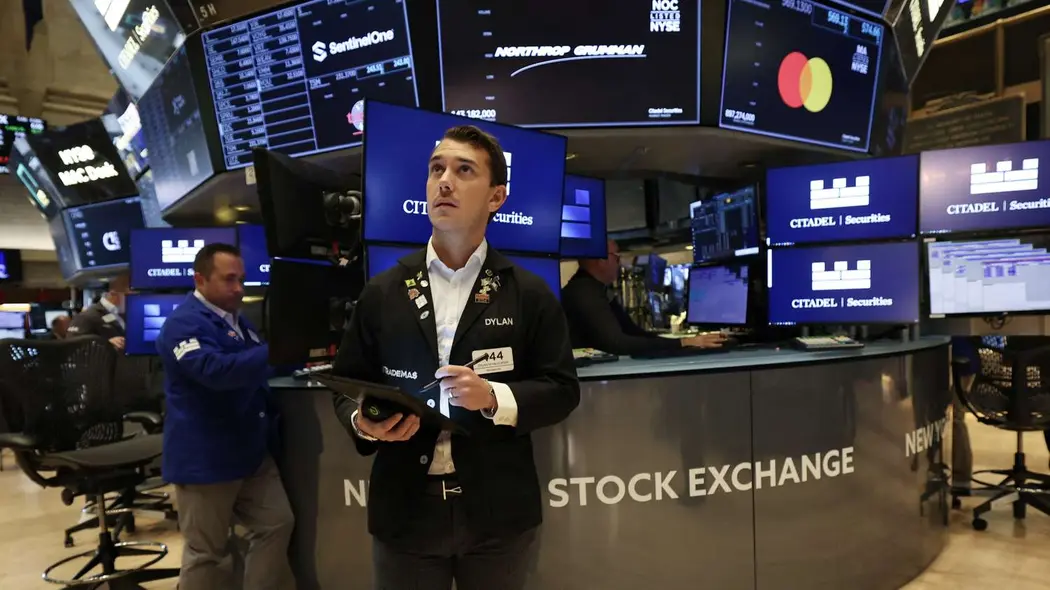
Stocks Fall as Tariff News Shakes Market
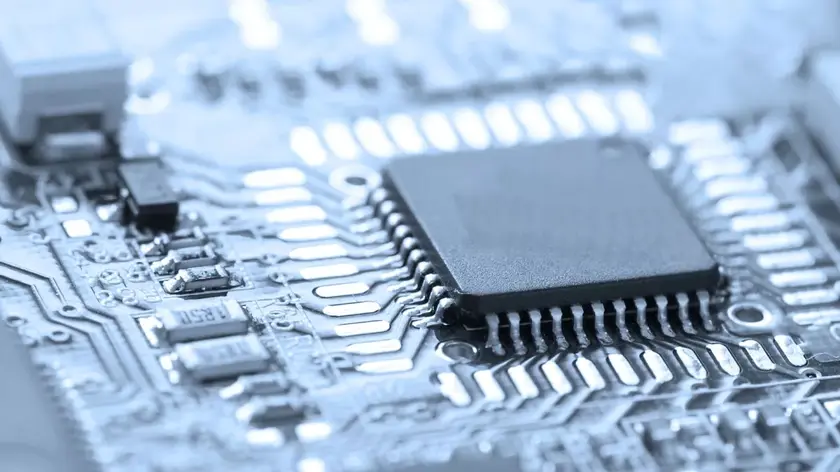
Trump announces 100% computer chip tariff unless firms invest in US

Hershey's will raise chocolate prices this fall
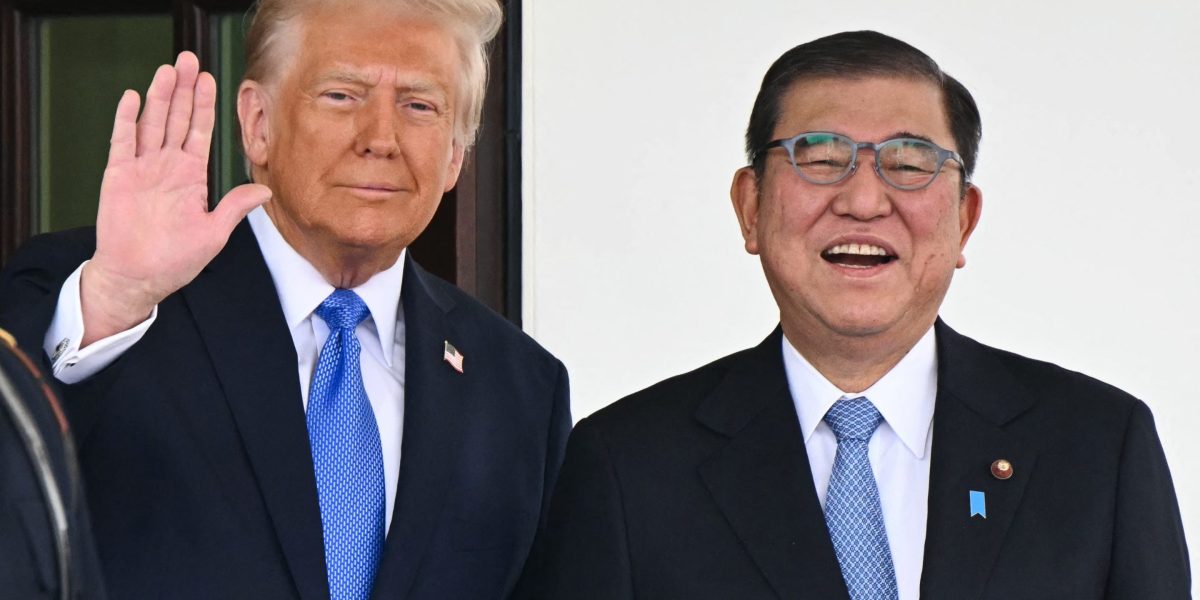
Japan commits $550 billion to U.S. industries
